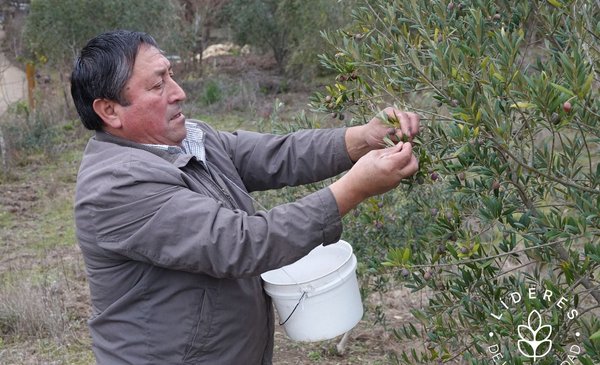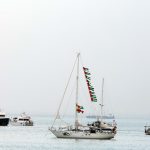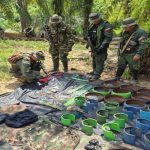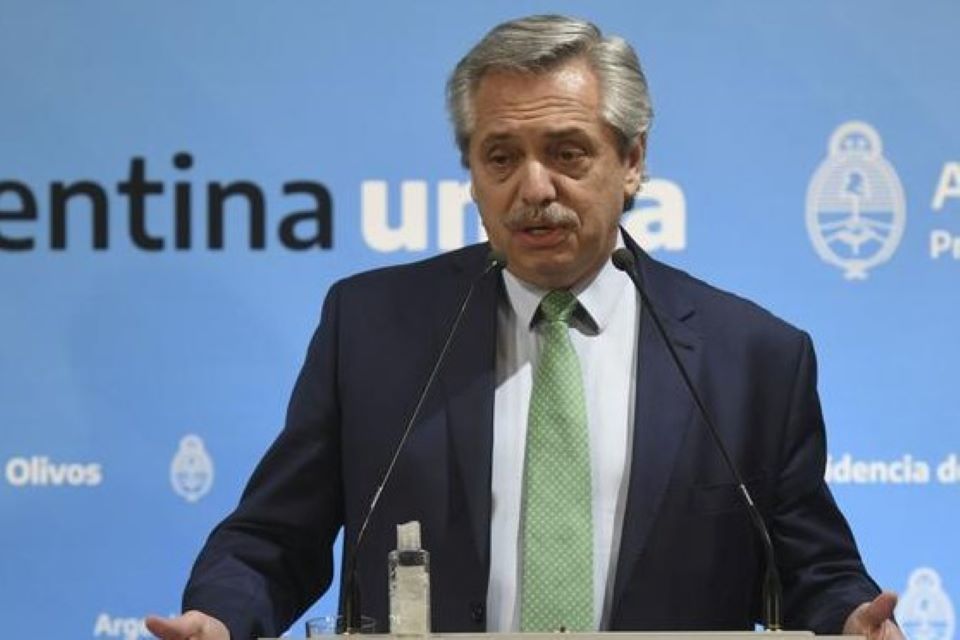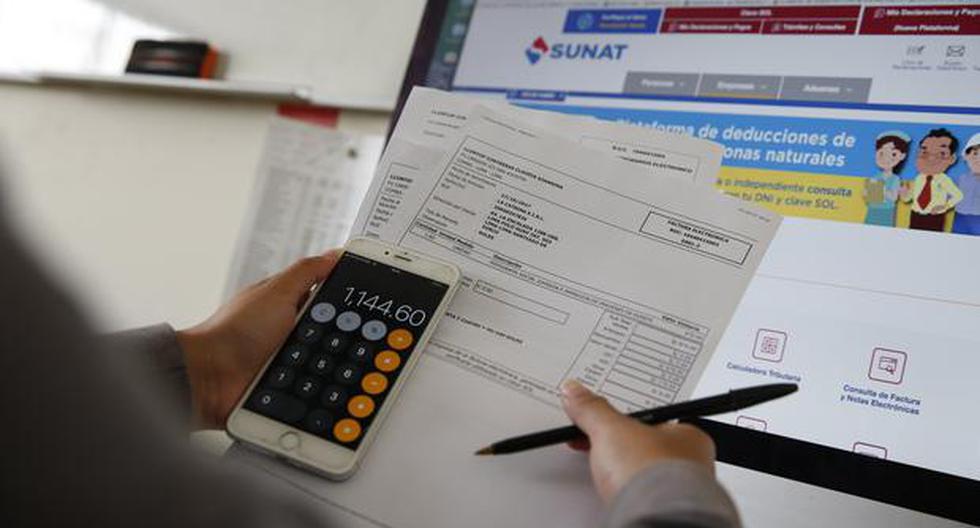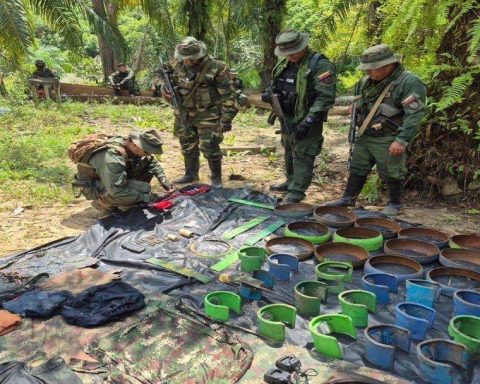The Chilean family farmer Emilio Sepúlveda, a member of the Mapuche people, was declared “Rurality Leader of the Americas” by the Inter-American Institute for Cooperation on Agriculture (IICA).
The distinction, called “Soul of Rurality”acknowledges his work a lifetime in favor of the production of healthy and nutritious food and its willingness to innovate and undertake new projects, such as This is demonstrated by its current production of an olive oil, which has been qualified by experts as world class..
Recognition of the Rural Leaders of the Americas is carried out by IICA to reward and give visibility to those who fulfill a double irreplaceable role: to be guarantors of food and nutritional security and at the same time guardians of the planet’s biodiversity through production in any circumstance.
These are men and women who leave their mark and make a difference in the field of Latin America and the Caribbean.
His passion for agriculture sets a positive example for rural areas in the region. Sepúlveda became interested in olive plants that are traditionally grown in northern Chile and moved the activity to Araucanía, one of the country’s 16 regions, located more than 700 kilometers south of the capital, Santiago.
His dreams are to reach international markets with his olive oil and leave his legacy of passion for the countryside and agricultural activity to his children and to the new generations in general.
IICA, which considers agriculture as an instrument for peace and the integration of peoples, works together with its 34 Representations in the Americas to select the #Líderesdeluralidad.
The southernmost olive oil in the world
Emilio has spent his entire life in the countryside. Since before he could remember he learned to cultivate the land and raise animals in the Araucaníaa region of Chile located about 700 kilometers south of Santiago, the capital, which is its identity mark, as well as its belonging to the Mapuche people, the largest indigenous ethnic group in this country in the South of the Americas.
“I am sure that I could not live without the green, the pure air and the fresh food that we have in the countryside. I think that in a city I would die in a short time. I work here every day to make a living and to give a better tomorrow to those who come after me. If I don’t plant, I have no hope,” says Emilio, proud to be a family farmer and a defender of American Indian culture.
IICA
Emilio achieved a high quality product in an area where it was not usual to obtain it.
Today, on his five-hectare property located in the Los Sauces district, Together with his wife, his children, a brother and his cousins, Sepúlveda produces olive oil whose quality has been highlighted by experts, in an area that had never produced this product..
“As a family, the olive groves in the north of Chile caught our attention, and we decided about six years ago to start cultivating them here, to make the southernmost olive oil in the world, which is currently the pride of the people. Mapuche. From here to the south, there are no more olive trees. For us, olive trees mean peace and harmony, first among ourselves and then with others.. I am convinced that race should not divide us, because we are all human beings,” says Sepúlveda.
His project is still small, but it is already bearing fruit, despite the water crisis that the country is going through and that has also impacted the levels of watercourses in Araucanía, putting obstacles to agricultural activity.
Today this farmer has around 500 olive plants, does the grinding and pressing work to obtain the oil and dreams of producing ever higher quality, to compete in the market with the large producers in the north of the country, who have hundreds of hectares.
But Sepúlveda’s passion does not end with olive oil. He also harvests wheat and oats, has a garden where he grows strawberries, raises pigs and birds and, as if that were not enough, he has bees for the production of honey.
He achieved all this thanks to his great interest in training, since his family participated in a pilot initiative of the Chilean National Rural Development Policy, launched to promote associativity and the arrival of investments to productive activity in the Araucanía Region. . It is a project of the Ministry of Agriculture of Chile, designed to improve the living conditions of rural communities.
Emily also especially values the technical support of the Institute for Agricultural Development (INDAP) of Chile and the Inter-American Institute for Cooperation on Agriculture (IICA), which allowed him to have his olive oil finished and ready for sale.
When asked about his projects, Emilio is enthusiastic and answers that he would like to export, because he has modernized his work and sees himself capable of reaching the most demanding international markets with his olive oil. However, he is aware that the most important thing is not a client in some distant part of the planet, but to transmit his legacy of passion for rural work.
“My dream -he maintains- is to leave olive trees for future generations. We are always thinking about the future, because one day we are going to leave, but we have to teach our children. What I dream of is leaving you with wisdom; I don’t want to leave them money, because if I leave them money they will fight among themselves. I prefer that they have intelligence and instruction so that they manage well with new technologies and the future is theirs. If we leave them education, they won’t have to go to the cities; They will stay in the field. And what we want is that: that our families and our neighbors can live better every day where we were born, that they take care of the land and value the Mapuche people”.
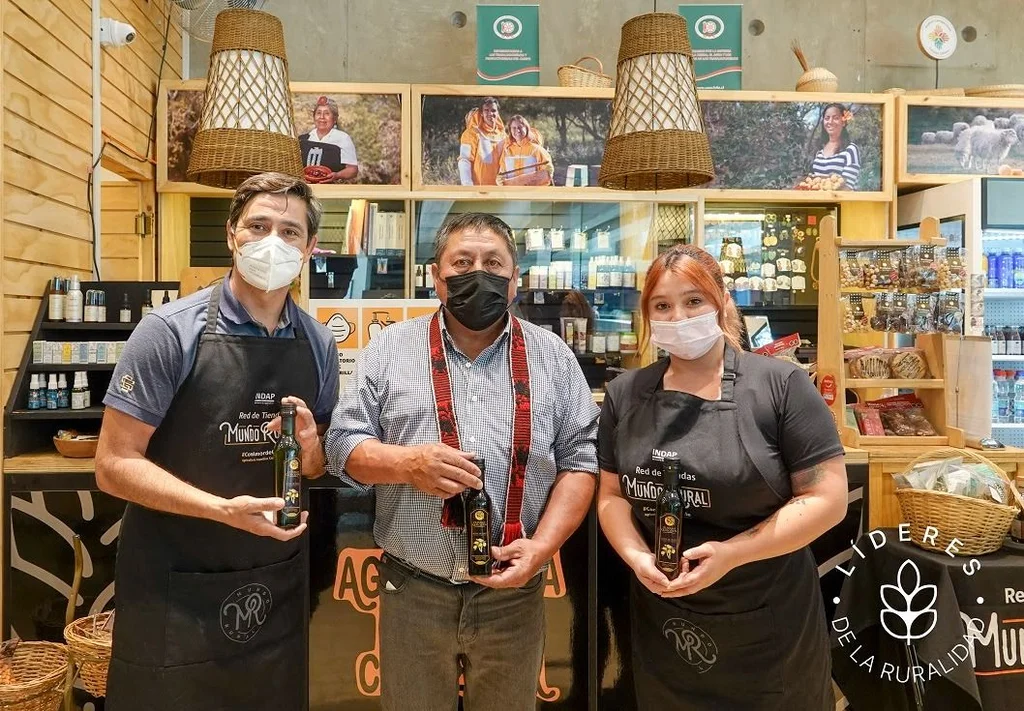
IICA
The quality of olive oil has been highlighted by experts.
A story of overcoming
emily He learned rural work when he was a child, next to his grandmother, who was a farmer and supported her family’s daily life by harvesting vegetables in the garden and raising lambs.. Neither of his grandparents had access to formal education and both led a life marked by sacrifices, just like Emilio’s mother.
“I was born in the countryside – he affirms – and I continue to live in the countryside. I am the son of a single mother and I suffered a lot when I was little. We lived in a little mud house and slept in sacks stuffed with straw. Happily and thank God I was able to get out of poverty. He first worked splitting firewood, plowing with the animals, making charcoal or digging wells for the neighbors. Then I learned to build houses and also to do electrical and mechanical work. Here in the field we have to do everything and I learned everything by watching. Many peasants in my area emigrated to the cities, in search of a less sacrificial life, but I would not change it for anything: working in the fields is the most beautiful thing there is. Here we are brave to endure the cold or the heat. My life is here.”
emily He has two daughters and a son, to whom he has always given the same advice: that the peasant must make a cult of effort and perseverance; he should never give up.
He never told them that things in the countryside are easy, because rural work does not allow the rest days that are customary in the city.
“The birds, the pigs and the rest of the animals have to be fed every day,” says this Mapuche farmer, who he never tires of repeating what is, for him, the only secret of rural life: always going to bed late and getting up early.
